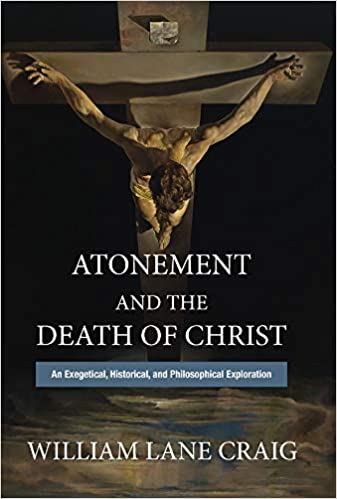Q. One of the problems with analytical philosophy as practiced in North America is that to the average reader of the practice it involves battles over semantics, as if all words should have very precise, very limited meanings. But of course, words often have a spectrum of meanings, and in any case, meaning is determined by the context in which a word is used. Words don’t have meanings in isolation. It is not true that ‘in the beginning was the dictionary’. Dictionaries are ex post facto studies of how words are used in various contexts, and the meaning is figured out by such studies. So yes, texts have meanings, but sometimes an overly precise or analytical approach to meaning is not all that helpful. This is not to say meaning is in the eye of the beholder, which I would definitely dispute, nor that meaning happens in the interaction between an active reader and a text, but still reading an analytical philosophical discussion about the meaning of penal substitution sometimes seems to the average reader like logic chopping or involves over precision. I got used to this at Carolina when I took a good deal of philosophy including graduate level theological philosophy of Anselm, Aquinas etc. What would you say to this?
A. In interpreting literary texts, it is very important to recognize the flexibility of language and the ambiguity of words. But ambiguity and unclarity are death to the systematic theologian and philosopher. One of the glories of analytic philosophy is its emphasis on clarity and precision in our use of terms. For example, take the issue we’ve been discussing: was Christ punished for our sins or did he bear the harsh treatment that would have been our punishment had it been inflicted on us instead? While the biblical theologian may rightly say, “It’s not entirely clear in the NT,” the theologian wanting to articulate an atonement theory needs to be precise about what he means. Otherwise his theory is vague, and we don’t know what his theory is.
Not only is conceptual clarity important for the systematic and philosophical theologian, but also for the biblical theologian. To return to a previous example, is death the punishment for sin or merely the consequence of sin? Those are very different views, and the biblical theologian needs to understand that distinction, even if he concludes that we can’t be sure which view a biblical author holds. Or again, the wages of sin are death, but is it physical or spiritual death (or both)? We’ve already seen what a difference that makes. So, again, while the biblical theologian may insist that the answer is unclear in this or that text, he needs at least to be conceptually clear about the alternatives.












